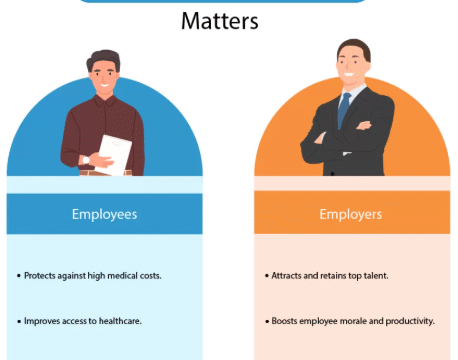Online learning offers a flexible and accessible way to gain new knowledge and skills. However, many learners find it challenging to retain information when studying remotely. Unlike traditional classroom settings, online education requires greater self-discipline and active strategies to ensure what you learn sticks in your memory. Improving memory retention is crucial to making the most of your learning experience and achieving your academic or professional goals.
This article explores practical, evidence-based strategies to help you improve memory retention and succeed in your online learning journey.
Understanding Memory Retention
Memory retention refers to the ability to store and recall information over time. Learning new material involves three stages: encoding (processing information), storage (keeping it in memory), and retrieval (accessing it when needed). To improve retention, learners need to enhance each of these stages through effective study habits and lifestyle choices.
1. Establish a Consistent Study Environment
A dedicated study environment reduces distractions and signals your brain that it is time to focus on learning. Ideally, your study space should be quiet, well-lit, and free of clutter. Avoid using this space for leisure activities to strengthen its association with productivity and concentration.
Consistency in your study environment helps create a routine, which enhances your brain’s ability to encode and store information.
2. Engage in Active Learning
Active learning involves participating actively with the material rather than passively reading or watching videos. Techniques include:
-
Note-taking: Write notes in your own words instead of copying verbatim. This forces you to process the information deeply.
-
Summarization: After studying a section, summarize the main ideas aloud or in writing.
-
Self-Questioning: Ask yourself questions about the material to check your understanding.
-
Teaching Others: Explaining concepts to someone else helps reinforce your knowledge.
Active engagement promotes deeper cognitive processing, making it easier to remember information later.
3. Use Spaced Repetition
Spaced repetition involves reviewing material at increasing intervals over time. This technique combats the natural tendency to forget and strengthens long-term memory.
Plan brief review sessions after your initial study time—such as the next day, then after a few days, and again after a week. Using tools like flashcards or spaced repetition apps can make this process more structured and efficient.
4. Organize Information Visually
The human brain often remembers visual information better than text alone. Using charts, diagrams, timelines, or mind maps helps organize complex information into more digestible formats.
Creating your own visuals based on what you study can enhance understanding and recall by engaging both the verbal and visual memory systems.
5. Break Study Sessions into Manageable Chunks
Long study sessions can lead to cognitive overload and fatigue, which reduce retention. The Pomodoro Technique—studying for 25 minutes followed by a 5-minute break—is an effective way to maintain focus and give your brain time to consolidate information.
Short, frequent sessions are generally more productive than fewer, longer ones.
6. Minimize Distractions and Multitasking
Online learning often happens in environments full of distractions, from smartphones to social media. Multitasking splits your attention and diminishes your ability to encode and retrieve information effectively.
During study times, turn off notifications and close unrelated tabs or apps. Focusing on one task at a time improves the quality of your learning and memory retention.
7. Prioritize Sleep and Healthy Habits
Sleep plays a critical role in memory consolidation. Aim for 7 to 9 hours of quality sleep each night to support brain function. Poor sleep negatively affects concentration, learning, and memory.
Additionally, maintain a balanced diet rich in nutrients that support brain health, stay hydrated, and incorporate regular physical activity into your routine. These habits boost cognitive performance and enhance memory retention.
8. Use Mnemonic Devices
Mnemonic devices are memory aids that help encode information in a way that makes it easier to remember. Examples include:
-
Acronyms (e.g., NASA)
-
Rhymes and songs
-
Visualization techniques, like associating facts with vivid mental images
These tools can be especially useful for memorizing lists, formulas, or vocabulary.
9. Practice Retrieval
Testing yourself on material without looking at your notes strengthens memory more than passive review. Practice retrieval by:
-
Taking quizzes
-
Writing down everything you remember about a topic
-
Explaining concepts aloud from memory
Regular retrieval practice improves your ability to recall information when it matters most, such as during exams or presentations.
Conclusion
Improving memory retention in online learning requires intentional habits and strategies. By creating a dedicated study space, engaging actively with the material, using spaced repetition, organizing information visually, breaking study time into manageable chunks, minimizing distractions, prioritizing health, employing mnemonic devices, and practicing retrieval, you can enhance your ability to learn and remember effectively.
Remember, consistent practice and a positive mindset are key. Implement these strategies gradually and adjust them to fit your personal learning style. With time and effort, you’ll notice improved focus, understanding, and memory retention that will help you excel in your online education journey.






